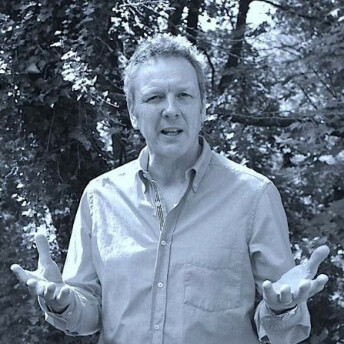
Intention Impression Impact
We all know about the phenomenon law of unintended consequences in many parts of political and commercial life. A policy or strategy is intended to achieve one end, but produces quite another. This is at work in our personal lives too. We can have the best intentions, but then can make an awful impression, and can have a poor impact.

Author
Andrew St. George – Heartstyles Accredited Associate









